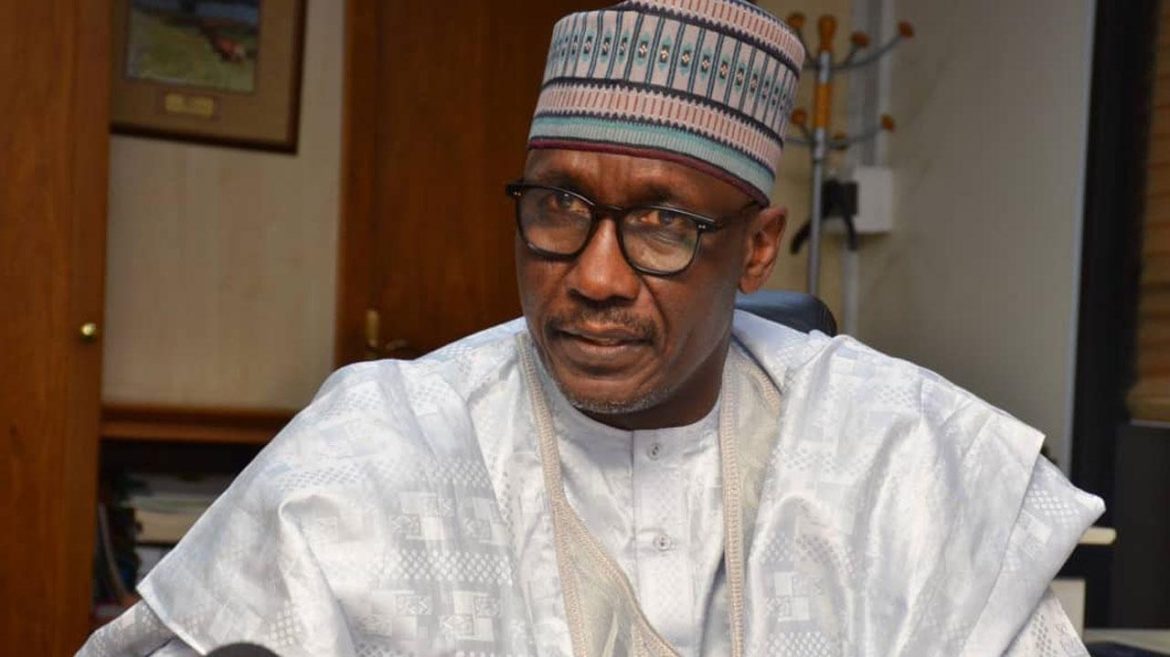The former Group Chief Executive Officer (GCEO) of the Nigerian National Petroleum Company Limited (NNPCL), Mele Kyari, is currently facing serious scrutiny over how billions of dollars meant for Nigeria’s refinery rehabilitation were managed during his time in office. Many Nigerians, especially civil society groups and legal experts, are now demanding a full investigation to know how the money was spent and what results were achieved.
President Bola Ahmed Tinubu dissolved the NNPCL board on April 2, 2025, bringing Kyari’s leadership at the national oil company to an end. This decision came after rising pressure from several groups, including the Concerned Citizens Against Corruption (CCAC), a civil society organisation led by Comrade Kabir Matazu. The group held a protest at the office of the Attorney General of the Federation (AGF), calling for a proper probe into what they described as mismanagement and possible abuse of public resources during Kyari’s time as NNPCL boss.
The protest was mainly focused on how $2.9 billion was spent on refinery rehabilitation, with little to show for it. According to critics, the refineries in Port Harcourt, Warri, and Kaduna are still not working at full capacity despite the huge amount reportedly invested in fixing them. There is also the issue of a $2 billion debt allegedly owed to a company called Matrix Energy Limited. Reports suggest that this debt is being paid with daily crude oil allocations, but there are no clear public agreements or explanations on how the payments were structured. Many Nigerians have described the situation as lacking transparency.
Following the growing concerns, the Attorney General has said the government will investigate all the allegations thoroughly. However, the controversy took a new turn when an anti-corruption organisation disowned a petition that was allegedly written in its name. The group said it was impersonated by unknown persons who submitted a fake petition in order to mislead the public or push other agendas. This has raised fresh questions about the integrity of some of the information being circulated and who might benefit from confusing the public.
Supporters of Mele Kyari have also spoken out. They insist that during his time at the NNPCL, Kyari brought reforms that made the company more open and efficient. They point out that under his leadership, there were efforts to get the Port Harcourt and Warri refineries back to work. Some of these activities, they say, are proof that Kyari tried to improve Nigeria’s oil sector, even though the results may not have fully materialised.
The full truth behind these allegations will likely come out in the coming months as investigations continue. The matter has now become a test of how serious the government is about transparency, accountability, and fighting corruption in top offices. Many Nigerians are watching closely to see whether the probe will lead to justice and improvements in the way public funds are managed, especially in the oil and gas sector, which is a major part of the country’s economy.
